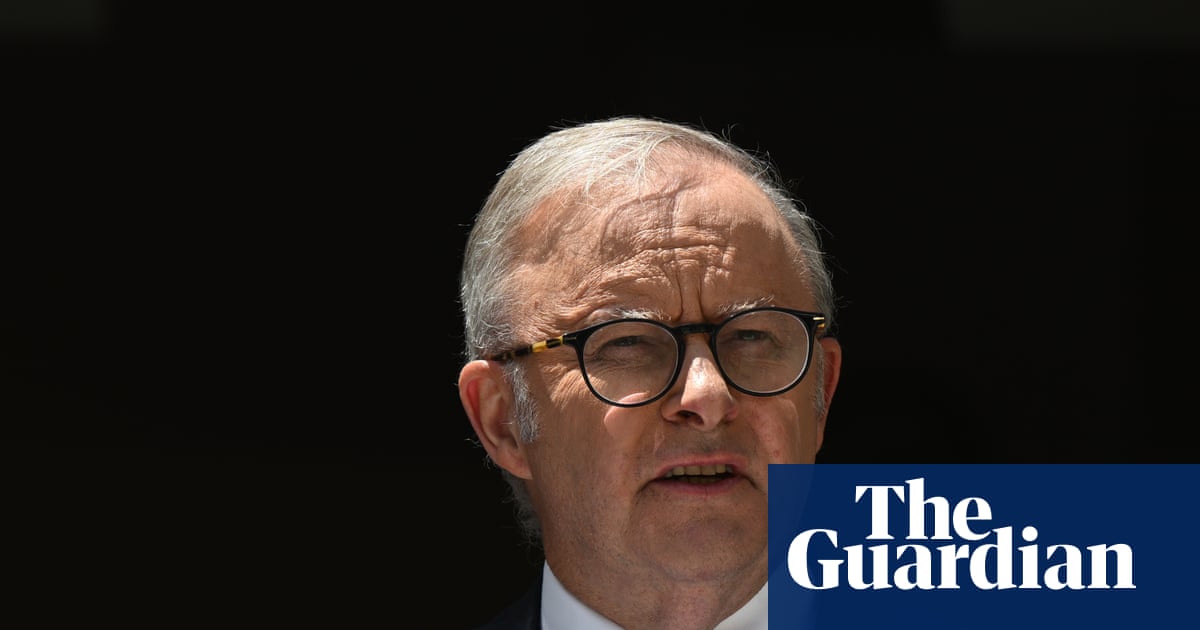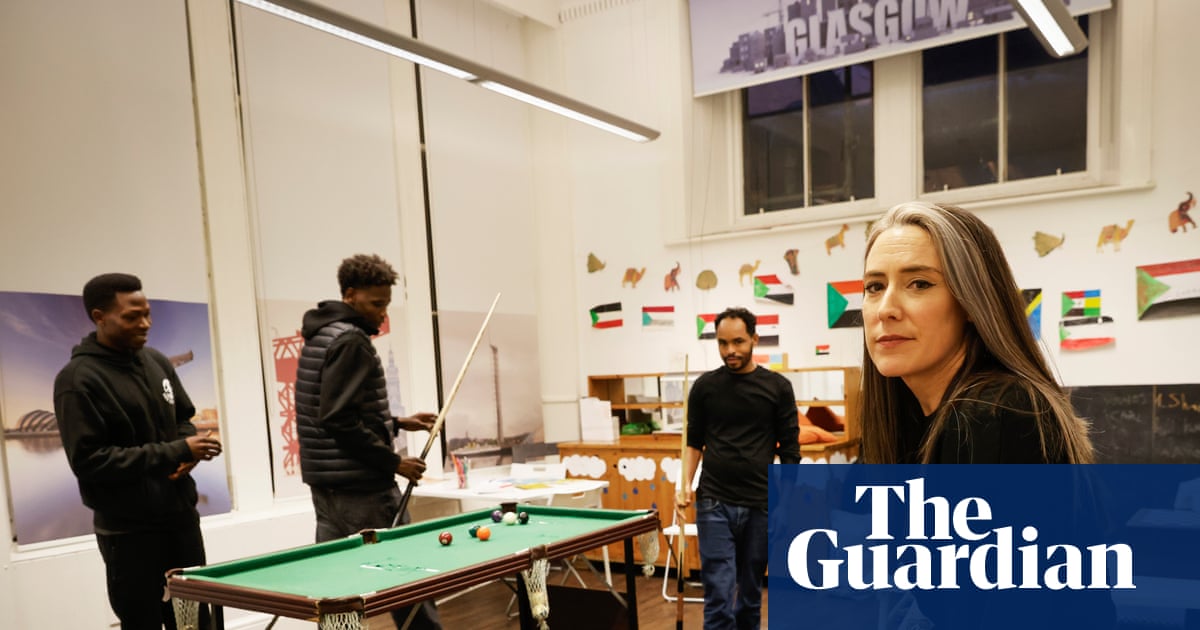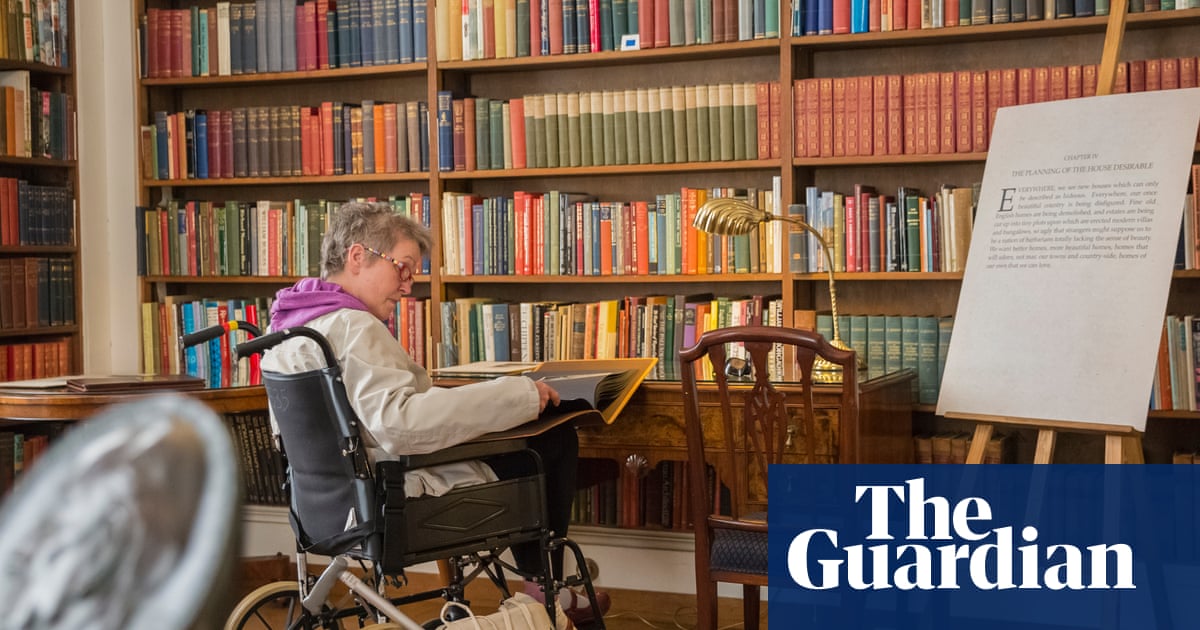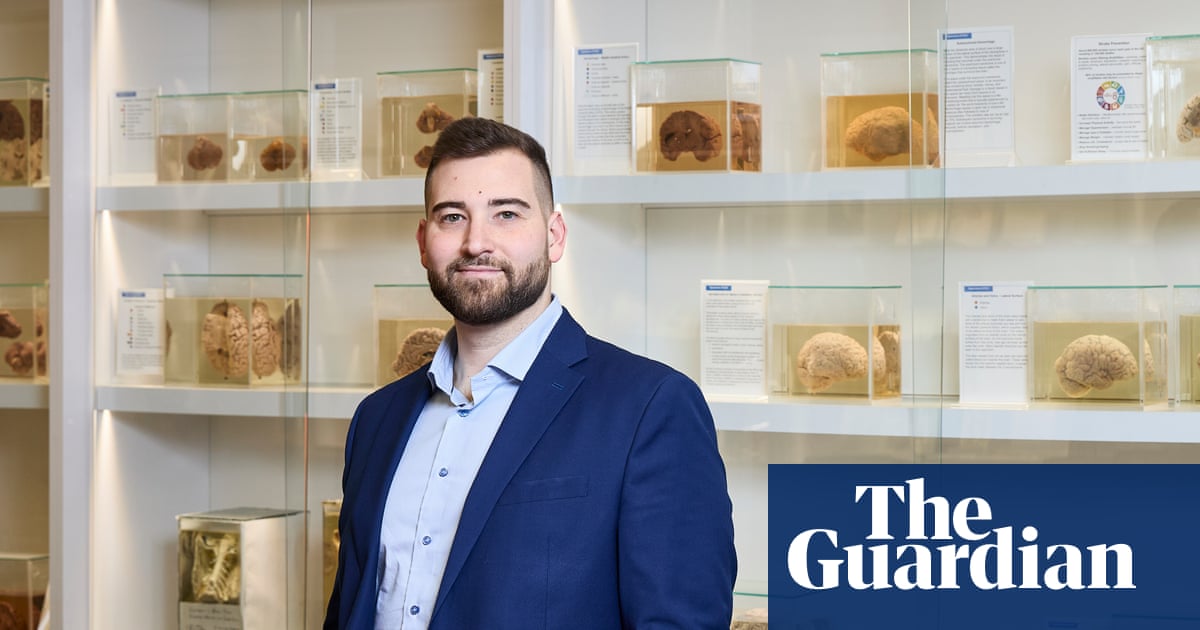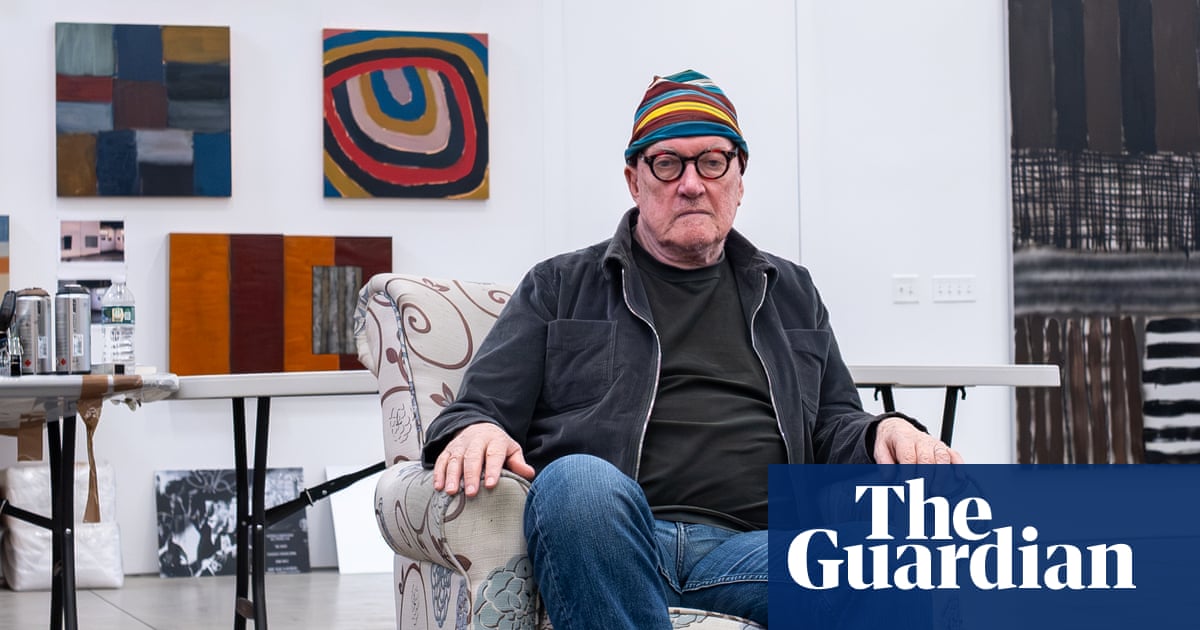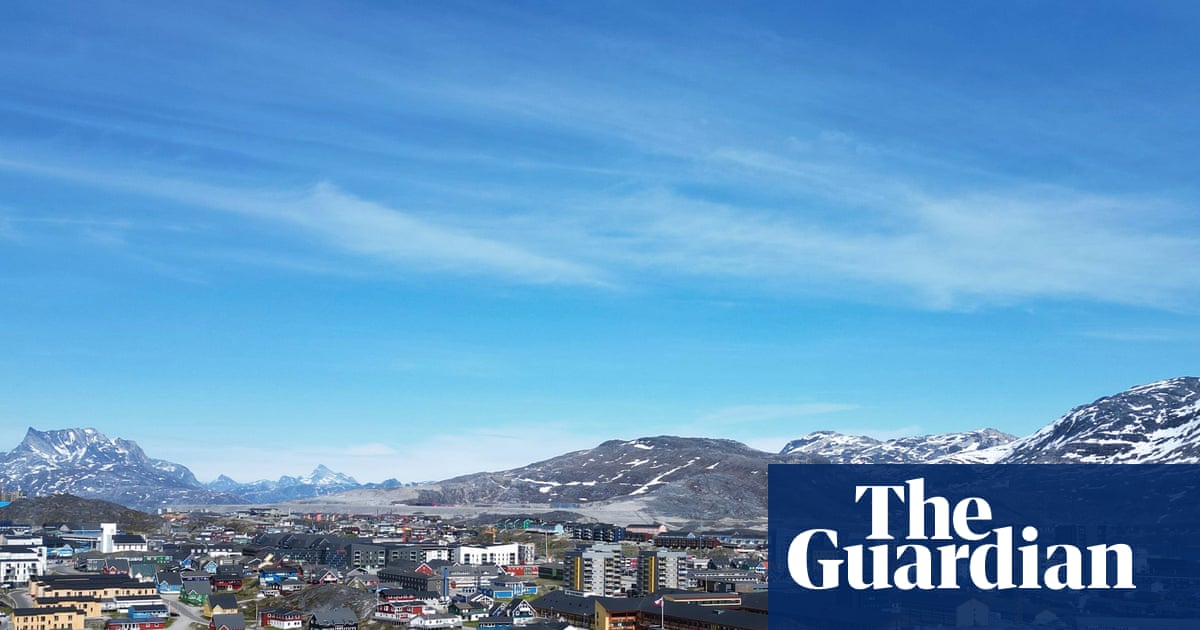When a British diplomat led the first formal trade mission to China to meet the Qianlong emperor in 1792, he brought with him an array of textiles, astronomical models and sword blades. One offering was more audacious than the rest: six vases of jasperware, the blue and white pottery created by Wedgwood. China may have invented porcelain, but Josiah Wedgwood of Stoke-on-Trent created a transnational pottery empire, whose story was synonymous with commerce, colonialism and the formation of British identity.
More recently, Wedgwood’s challenges have mirrored those of British manufacturing. The business boomed in the mid 20th century, and by 1986 it employed about 12,000 people worldwide. Many were based in Stoke-on-Trent, where Wedgwood’s “paintresses” trained young apprentices to create curling floral designs. Today, Staffordshire’s potteries face an existential crisis. Four ceramics firms have gone bust or shifted production overseas in the last two years. Last week, the Fiskars Group, Wedgwood’s parent company, announced that it was pausing production for 90 days, putting 70 workers on temporary leave.
Fiskars has said that this is merely a “short-term measure” caused by a lull in demand. But Wedgwood’s challenges are longstanding. As Tristram Hunt noted in his 2021 biography of Josiah Wedgwood, executives began a debt-fuelled acquisition spree in the 1990s, paying themselves handsomely while laying off more than a thousand staff. They outsourced much of Wedgwood’s manufacturing to Tangerang, Indonesia, in the mid-2000s. While Tangerang enjoyed a $25m investment, Stoke-on-Trent haemorrhaged jobs to workers who were paid just an eighth of the wage of British employees.
Prevailing wisdom holds that businesses can’t compete without outsourcing labour to cheaper locations. Wedgwood shows the opposite can be true. Relocating manufacturing overseas helped destroy the brand’s heritage value: “made in Indonesia” did not have the same ring (particularly for customers in Asian markets) as “made in England”. The success of Burleigh and Emma Bridgewater, both of which still make pottery in Stoke, demonstrates that people value authenticity and are willing to pay for it.
In 2009, Wedgwood fell into administration and its remaining assets were acquired by a US private equity firm. Fiskars, the Finnish group that has owned Wedgwood since 2015, has been a more stable steward, investing in a tourist destination, World of Wedgwood, in Staffordshire. Nonetheless, much of Wedgwood’s pottery is still made overseas, and in 2019 the company cut 103 jobs. Further redundancies in Stoke would be a blow to artisanal craft skills and to one of the remaining pillars of the Staffordshire potteries.
The former Bank of England chief economist Andy Haldane recently criticised the government’s “arid” approach to growth and urged it to pay more attention to the “opportunities of workers in the everyday economy”. This, surely, is the type of story he had in mind. Labour’s industrial strategy was a small step in the right direction that promised to slash the electricity bills of many businesses. But it did little to confront the culture of short-term profits that precipitated Wedgwood’s challenges, and its bill reduction won’t come into effect until 2027. Ceramics workers have called for more immediate help with gas prices; none has been forthcoming. Wedgwood’s pottery is a reminder of the skills that Labour should be trying to protect.

 3 months ago
107
3 months ago
107






